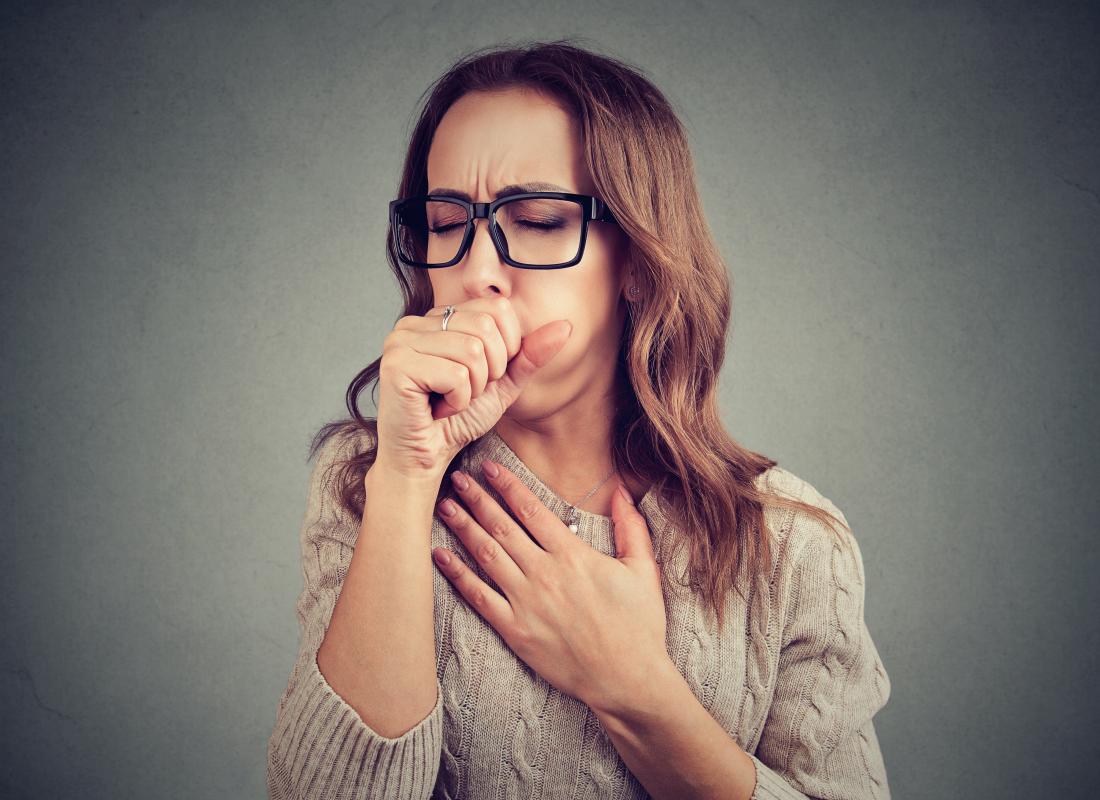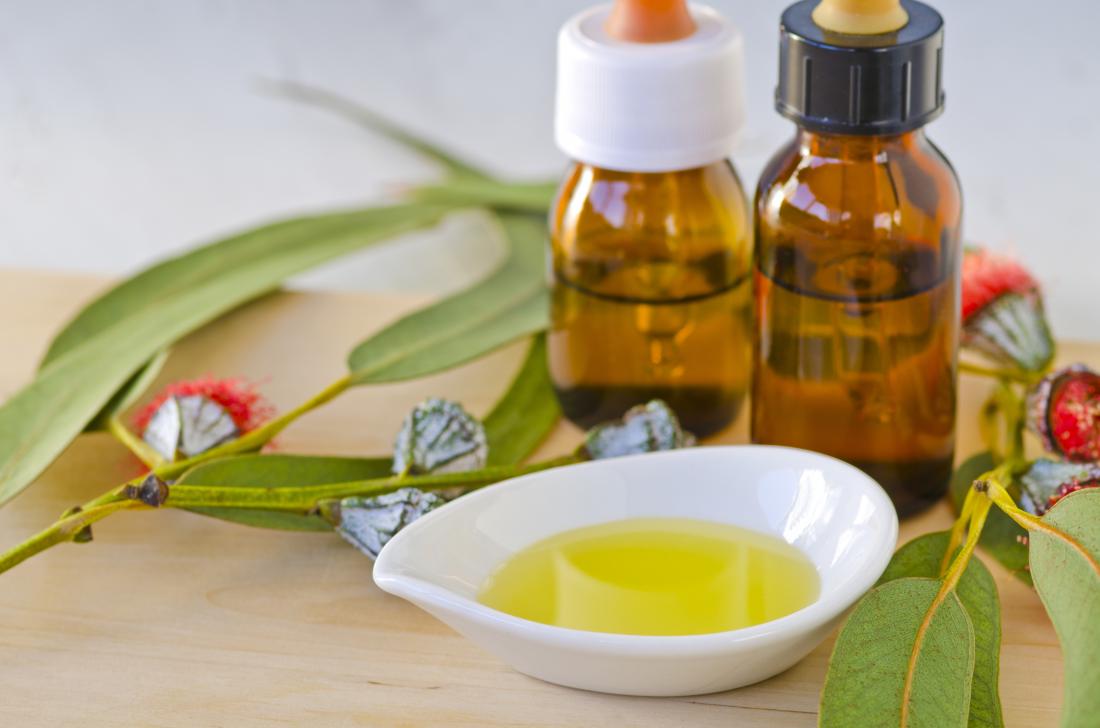How to get rid of mucus in the chest: 8 natural home remedies - Medical News Today
Inflammation and a buildup of mucus in the chest can cause unpleasant symptoms like wheezing, sleep difficulties, and a sore throat. Congestion is also often accompanied by a cough that brings up phlegm.
Some mucus in the chest is normal, and having excess mucus from occasionally is usually not a cause for concern. However, if a person regularly has an uncomfortable amount of chest congestion, or if it is accompanied by other symptoms, they should see a doctor.
The following issues can cause mucus in the chest to build up:
In this article, we describe ways to relieve chest congestion at home.
A person can soothe symptoms and get rid of bothersome mucus using the following methods:
1. Warm fluids

Hot beverages can provide immediate and sustained relief from a mucus buildup in the chest.
Staying hydrated thins mucus, making it easier to expel by coughing.
According to a
A person can benefit from drinking:
- broths
- decaffeinated black or green tea
- herbal teas
- warm water
Some of these drinks are available for purchase online, including decaffeinated tea and herbal teas.
2. Steam
Keeping the air moist can loosen mucus and reduce congestion and coughing.
People with difficulty sleeping may wish to use a humidifier at night. To maximize the effects, keep windows and doors closed.
Humidifiers must be cleaned regularly to remove bacteria and other pathogens that can make symptoms worse and lead to infection.
Other ways to increase moisture in the air include:
- Inhaling steam: Fill a large bowl with hot water. Lean over the bowl and drape a towel over the head to contain the stream. Gently inhale the steam to loosen mucus.
- Having a hot shower or bath: The hot water will fill the room with steam and help to alleviate symptoms.
Breathe in the steam for as long as is comfortable, then drink a glass of water to prevent dehydration.
3. Saltwater
Gargling with a mixture of salt and warm water can remove phlegm and mucus from the back of the throat and ease symptoms.
Add half a teaspoon of salt to a cup of warm water. Stir until the salt dissolves.
Gargle with the mixture and allow it to sit in the back of the throat momentarily. Repeat several times a day as needed.
4. Honey
Honey is a popular home remedy, and research suggests that it has antiviral and antibacterial properties.
A
However, a
A person can consume 1 tablespoon of honey every 3 to 4 hours, until the symptoms ease. Honey is not suitable for infants under 12 months of age. A range of honey products is available for purchase online.
5. Foods and herbs
Foods most commonly used to alleviate coughs, colds, and a buildup of mucus include:
- garlic
- ginger
- lemon
- spices, such as ground cayenne and other types of chili pepper
Some
People taking prescription medications should speak with a doctor before trying new supplements.
A range of these supplements are available for purchase online, including ginseng, echinacea, licorice root, and zinc.
6. Essential oils

Some essential oils can ease breathing and loosen mucus in the chest.
Some essential oils can ease breathing and loosen mucus in the chest. Some may even stop the growth of bacteria infecting the respiratory tract.
Beneficial essential oils available for purchase online include:
Essential oils can be inhaled directly from the bottle, used in a diffuser, or added to the hot water in a steam inhalation.
Oils can also be applied topically in a homemade vapor rub. Mix a quarter cup of coconut oil with 12 drops of one or more of the essential oils listed above. Apply the mixture to the chest, but never on broken or irritated skin.
If a person is using an essential oil for the first time, they should test for skin irritation. Apply a small amount of oil to a 1-inch patch of skin on the inner arm. If no reaction occurs after 24 hours, the oil can be used more liberally.
Essential oils should not be taken internally.
7. Elevate the head
If an excess of mucus in the chest is disrupting sleep, it may help to elevate the head using extra pillows. Elevation promotes mucus drainage and reduces coughing and discomfort.
8. N-acetylcysteine (NAC)
NAC is a supplement that can be used to thin the mucus in the airways and reduce the frequency and severity of a cough.
After analyzing 13 studies, researchers found that people with chronic bronchitis can benefit from taking 600 milligrams (mg) of NAC daily if no airway obstruction is present. Those with an airway obstruction may need to take up to 1,200 mg daily.
N-acetylcysteine products are available for purchase online.

Comments
Post a Comment